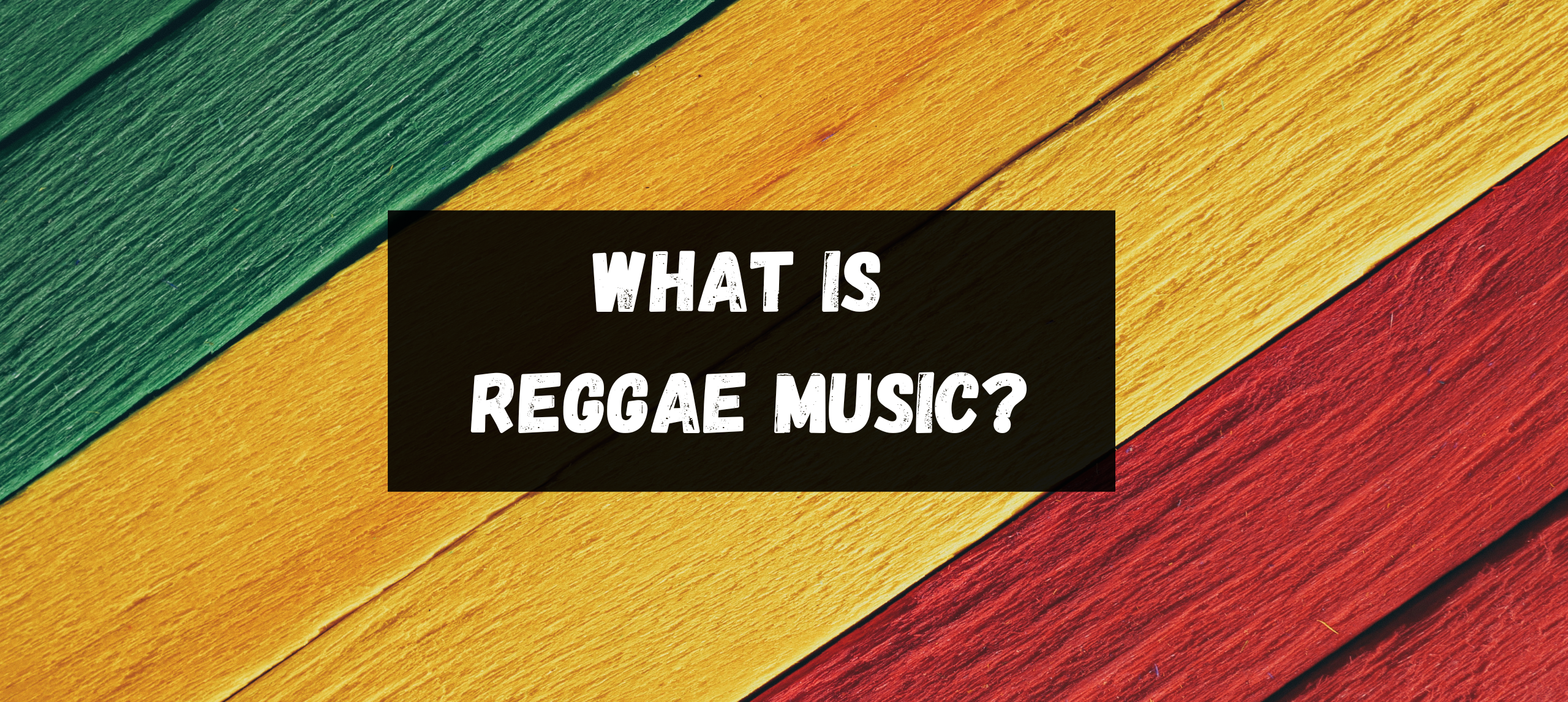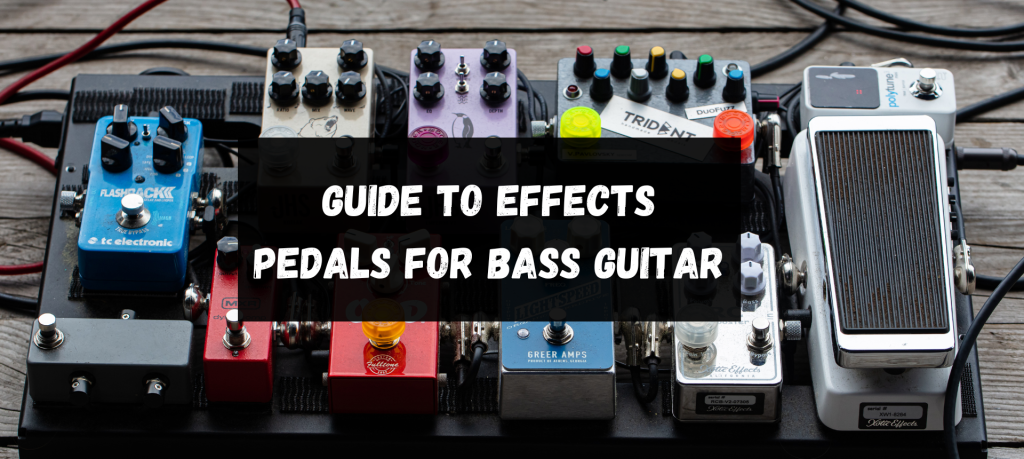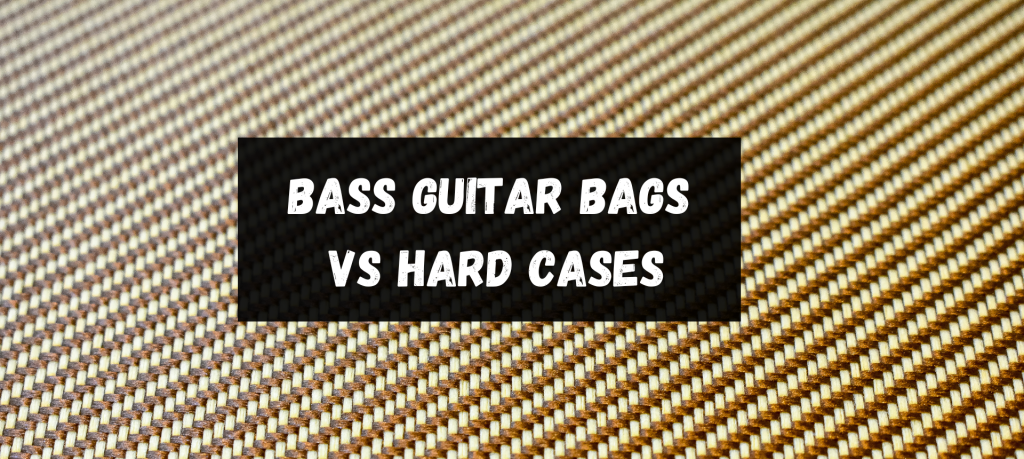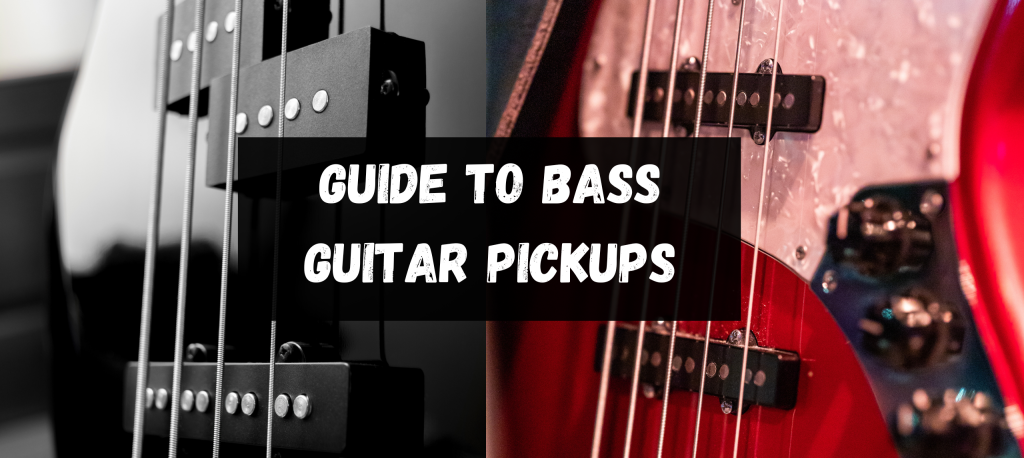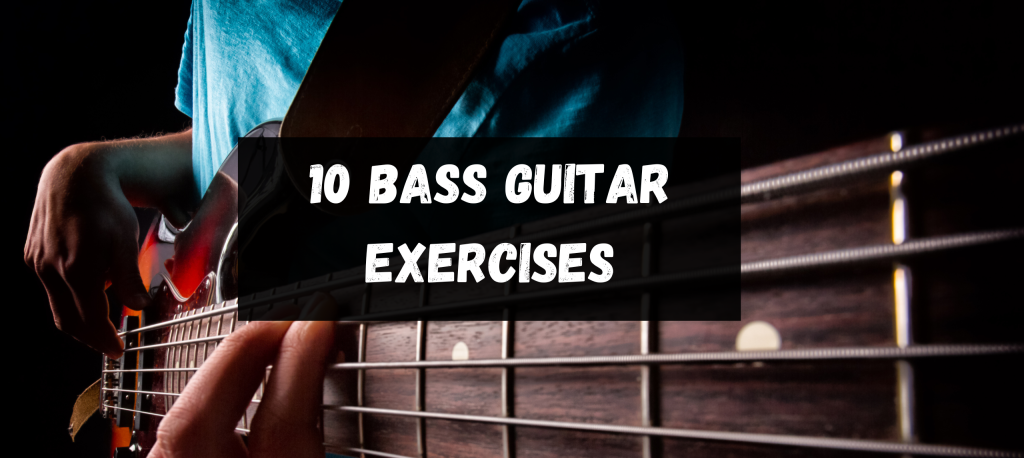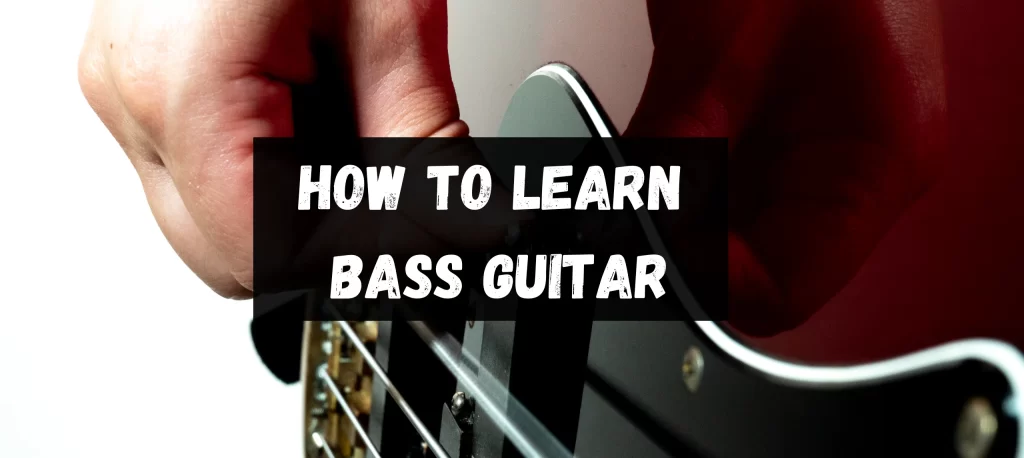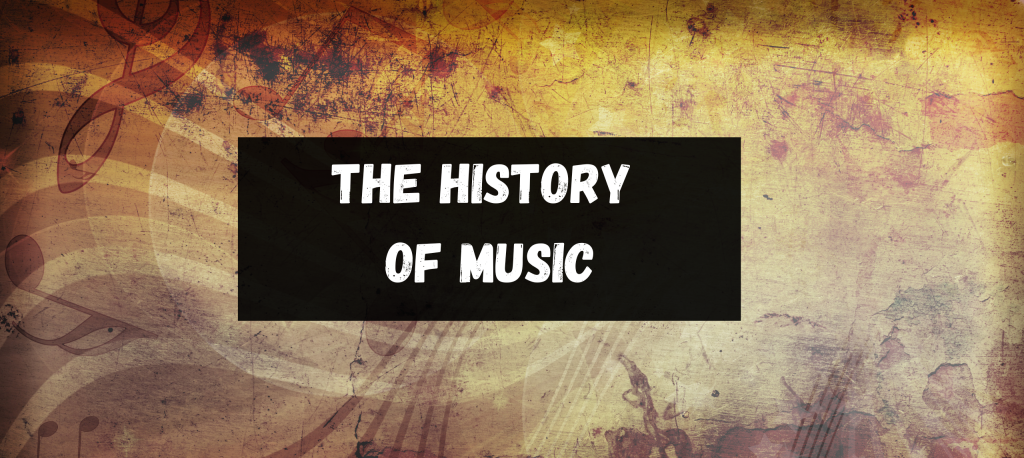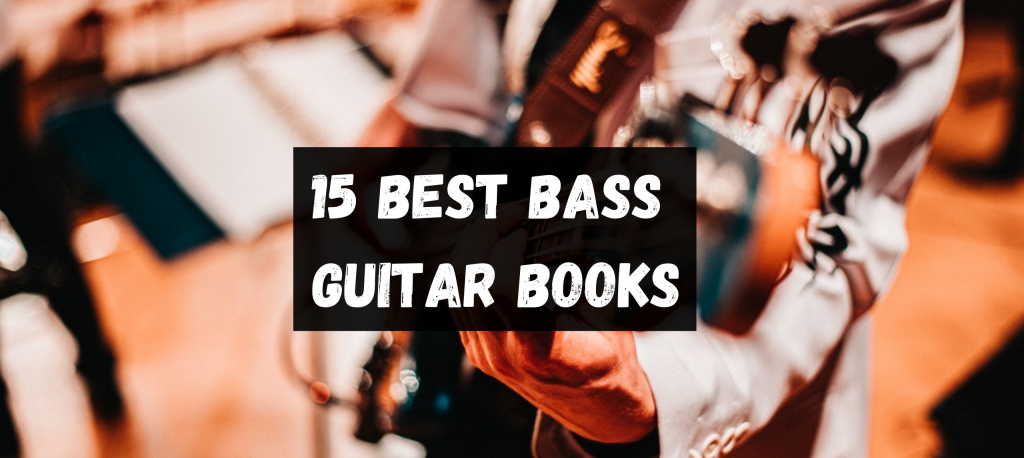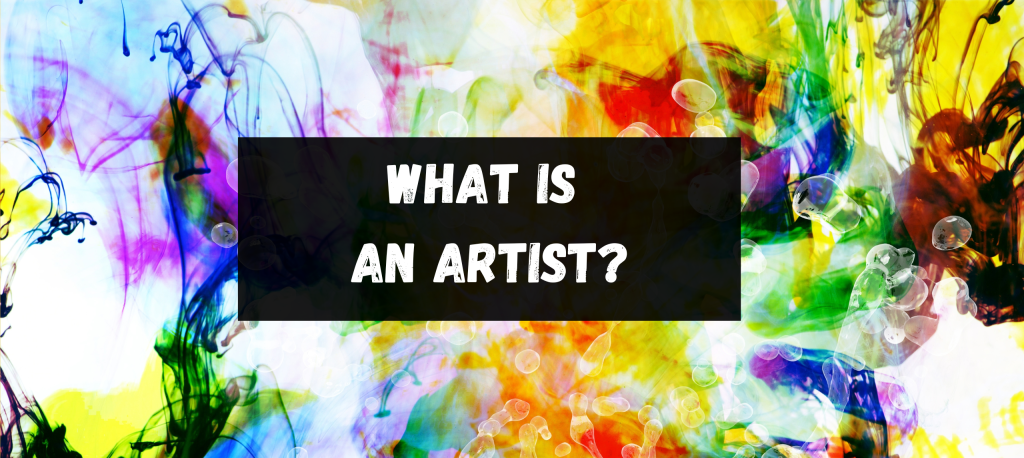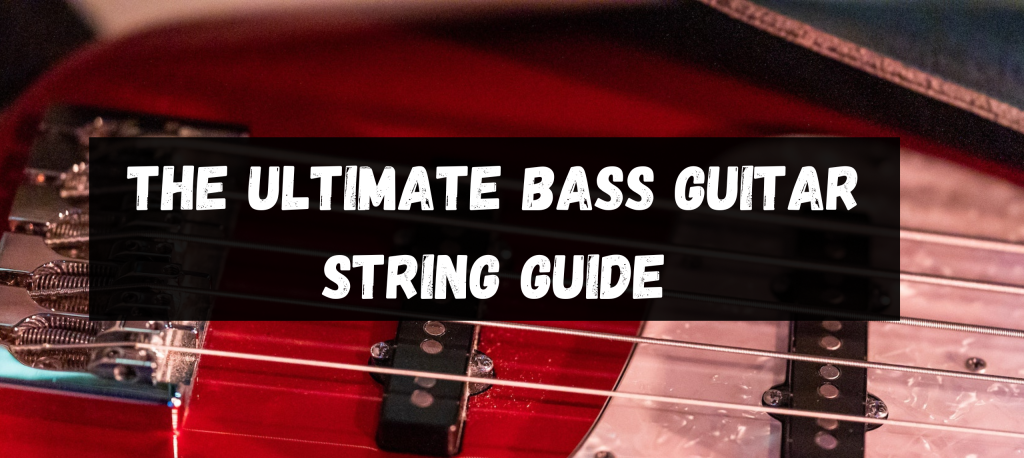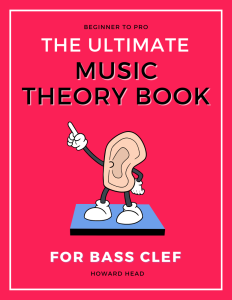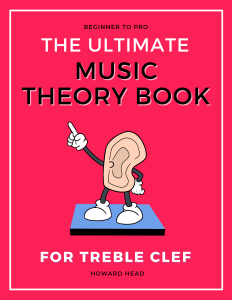August 18, 2023
Howard
Reggae music is a Jamaican-born genre characterised by its steady tempo, offbeat rhythms, and socially conscious lyrics. Emerging in the 1960s, it combines rhythm and blues, jazz, and traditional Caribbean sounds. The genre has played a significant role in global music and has profoundly influenced British culture and artists over the decades.
Emerging from the heartbeats of Jamaican culture, Reggae music swiftly traversed the oceans, weaving its soulful rhythms into the tapestry of global soundscapes. In the UK, amidst the clamour of the British Invasion and punk rock movements, Reggae’s resonant beats and profound narratives found a home, echoing through bustling city streets and influencing our musical legends.
From its historical roots to the British icons it has inspired, there are revelations awaiting that might just surprise you. So, grab a cup of tea, settle into your favourite armchair, and continue reading — you won’t want to miss what’s coming next.
Defining Reggae: The Sound and Soul
With its rhythmic cadence and soul-stirring melodies, Reggae is more than just music; it reflects an entire culture and history. But what sets Reggae apart from other genres? Let’s dive in.
Characteristics of Reggae Music:
Rhythm and Tempo: Reggae is renowned for its distinctive rhythm, often called the ‘one-drop’. This emphasises the third beat of a bar, resulting in a laid-back, syncopated groove. The tempo is generally steady, both too fast and too slow, creating an inviting, danceable beat.
- Bass Dominance: A prominent and deep bass line is the heartbeat of any Reggae track. The bass is often at the forefront, setting the tone and pace of the composition.
- Socially Conscious Lyrics: Reggae doesn’t shy away from addressing societal issues. From political unrest to messages of love and unity, its lyrics are profound, resonating with listeners on a deeply personal level.
- Offbeat Guitar Chords: The guitar, often playing on the offbeat, complements the one-drop rhythm, providing a signature sound that’s unmistakably Reggae.
- Organ Shuffle: The organ, playing in a rhythmic shuffle, often mimics the bass, adding another layer of depth to the music.
- Natural Sounds: It’s not uncommon to hear the sounds of nature, like chirping birds or flowing water, blended into a Reggae track, connecting the music to its Caribbean roots.
The Role of Rastafarianism in Shaping Reggae:
Rastafarianism, a spiritual movement born in Jamaica, has been intrinsically linked to Reggae since its inception. It’s not just a backdrop but a driving force behind the genre’s evolution.
- Spiritual Lyrics: Many Reggae songs are imbued with Rastafarian beliefs, referencing Biblical tales, the Holy Trinity, and the promise of Zion.
- Iconography: Symbols like the Lion of Judah, the Ethiopian flag, and dreadlocks have become synonymous with Reggae, drawing directly from Rastafarian culture.
- Marijuana’s Influence: Ganja, or marijuana, holds sacramental value in Rastafarianism. Its use is believed to aid meditation and achieve closeness with the divine. This influence often permeates Reggae music, both in lyrical content and the relaxed, meditative quality of the sound.
- Calls for Justice and Redemption: Rastafarianism is built on societal justice, anti-colonialism, and African pride ideals. These themes are echoed profoundly in Reggae, making the genre a voice of resistance, hope, and redemption.
Understanding Reggae requires more than just listening; it’s about feeling the pulse of Jamaica’s history, struggles, and spirituality. As we further navigate its rhythms and influences, one realises Reggae’s deeply intertwined with the island’s soul and the broader tapestry of British music culture.
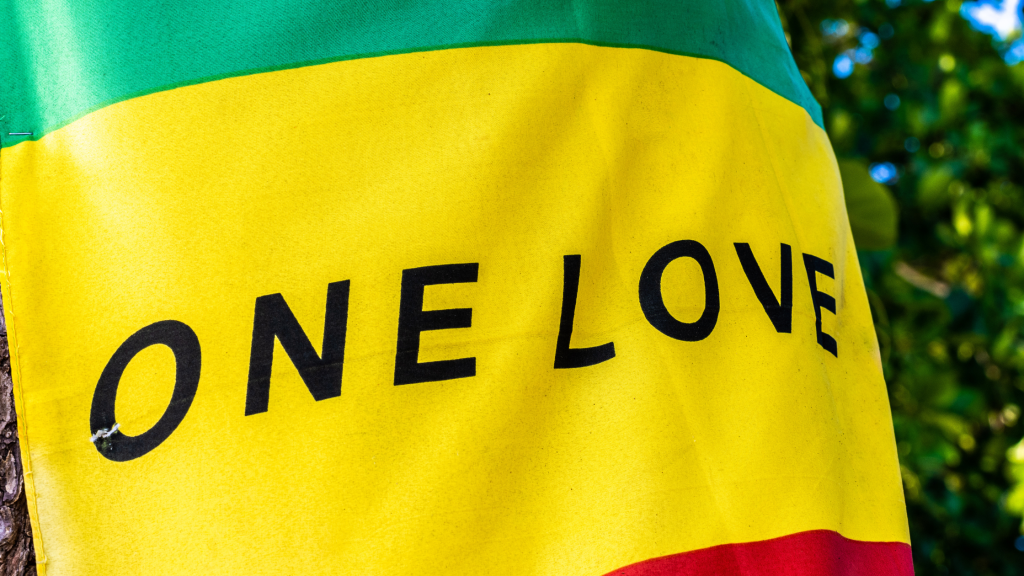
Historical Roots of Reggae
To truly grasp the essence of Reggae, one must venture back to its origins, tracing its evolution from the early beats of Jamaican music to its iconic status today. Like the intricate weave of a tapestry, Reggae’s history is a fusion of varied musical styles, socio-political events, and cultural shifts.
Jamaican Music Before the Emergence of Reggae:
Before Reggae graced the airwaves, genres like Mento, Ska, and Rocksteady dominated the Jamaican musical landscape.
- Mento: Often dubbed the ‘grandfather’ of Jamaican music, Mento is a folk form that drew influences from African and European musical traditions. Characterised by its use of acoustic instruments and joyful lyrics, it was a precursor to more contemporary Jamaican sounds.
- Ska: Emerging in the late 1950s, Ska was characterised by its upbeat tempo, walking bass line, and jazz-infused brass sections. It provided the early soundtrack to a newly independent Jamaica in the 1960s.
- Rocksteady: As a bridge between Ska and Reggae, Rocksteady slowed things down. Its tighter rhythms and heavier bass presence laid the groundwork for what would soon become Reggae.
Origin and Evolution of Reggae Music:
The late 1960s saw the birth of Reggae, a genre that combined the rhythmic elements of its predecessors while introducing its unique flair.
- Rhythmic Shifts: Unlike the frantic beats of Ska, Reggae adopted a more laid-back tempo, emphasising each bar’s second and fourth beats.
- Rastafarian Influence: As discussed earlier, Rastafarianism deeply impacted Reggae, infusing it with spiritual undertones, anti-establishment sentiments, and a call for societal change.
- Global Appeal: While inherently Jamaican, Reggae’s themes of love, resistance, and unity resonated globally, especially in places like the UK, where it found a second home amidst the immigrant communities and, later, the broader populace.
Major Events and Turning Points in Reggae History:
The Rise of Bob Marley: A discussion of Reggae would only be complete with mentioning Bob Marley. His album ‘Catch a Fire’, backed by Island Records, introduced Reggae to a global audience.
- Reggae’s British Invasion: The 1970s and ’80s witnessed a surge of Reggae popularity in Britain. British Reggae bands like Steel Pulse and Aswad emerged, while Jamaican sounds heavily influenced British punk and rock bands.
- Dancehall Emergence: In the late 1970s and early ’80s, a new sub-genre called Dancehall emerged, characterised by electronic instruments and a greater emphasis on the DJ.
- Reggae Sumfest: Commencing in the 1990s, this festival has celebrated the genre and its offshoots, attracting global attention to Jamaica’s musical talents each year.
Its rich history, drawing from Jamaica’s cultural melting pot and stretching out to touch global shores, especially the UK, is a testament to its enduring power and appeal.
Iconic Reggae Artists: Voices of a Revolution
Behind the soulful melodies and revolutionary rhythms of Reggae stands a vanguard of artists who, through their music, challenged the status quo, echoed the sentiments of the masses, and charted new territories. This section pays homage to these pioneering spirits, offering a glimpse into their illustrious careers and the iconic tracks that forever imprinted Reggae in our hearts.
Profiles of Pioneering Reggae Artists:
- Bob Marley and The Wailers:
- Overview: The global face of Reggae, Bob Marley, alongside his band, The Wailers, transformed the genre into an international sensation.
- Breakthrough Album: ‘Exodus’ – often regarded as one of the best albums of the 20th century.
- Iconic Track: “No Woman, No Cry” – a stirring ballad encapsulating Marley’s gift for capturing profound emotion in the song.
- Toots and the Maytals:
- Overview: Fronted by the charismatic Frederick ‘Toots’ Hibbert, this band played a pivotal role in popularising Reggae outside Jamaica.
- Breakthrough Album: ‘Funky Kingston’ – a blend of soulful vocals and infectious rhythms.
- Iconic Track: “Pressure Drop” – with its undeniably catchy tune, it has been a defining anthem in the Reggae realm.
- Black Uhuru:
- Overview: With their unique sound and poignant lyrics, Black Uhuru became one of the first Reggae bands to win a Grammy.
- Breakthrough Album: ‘Red’ – capturing its time’s political tensions and Rastafarian spirituality.
- Iconic Track: “Guess Who’s Coming to Dinner” – a song that perfectly encapsulates their distinctive style.
- Bunny Wailer:
- Overview: An original member of The Wailers, Bunny Wailer’s solo career blossomed, cementing his reputation as a Reggae luminary.
- Breakthrough Album: ‘Blackheart Man’ – a rich tapestry of personal and political themes.
- Iconic Track: “Cool Runnings” exudes Jamaican culture’s warmth and spirit.
- Marcia Griffiths:
- Overview: Often hailed as the ‘Queen of Reggae’, Marcia Griffiths has had an illustrious career spanning over five decades.
- Breakthrough Album: ‘Naturally’ – where her emotive vocals take centre stage.
- Iconic Track: “Electric Boogie” – a track that sparked a dance craze and remains a party staple.
Breakthrough Albums and Songs That Defined the Genre:
While individual artists have had their iconic moments, some albums and tracks transcend personal discographies, becoming symbolic of the genre itself. Albums like ‘Legend’ by Bob Marley and The Wailers, ‘True Democracy’ by Steel Pulse, and tracks like “Redemption Song” and “The Harder They Come” by Jimmy Cliff are just a few gems that have sculpted Reggae’s monumental legacy.
The beauty of Reggae lies not just in its melodies but in its messengers. These artists, with their visionary artistry and undeniable talent, propelled a genre from the heart of Jamaica to the global stage, ensuring its timeless appeal and indelible impact on the musical landscape, particularly resonating with the rich tapestry of British culture.
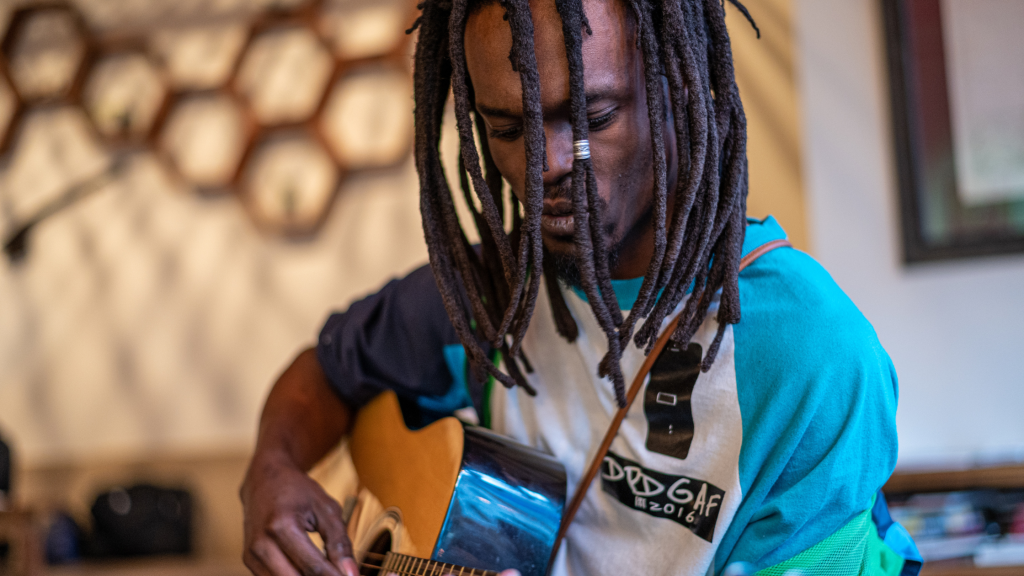
Reggae’s Global Impact
Few genres have achieved the expansive reach and profound influence that Reggae has managed to forge since its birth.
The Spread of Reggae Music Beyond Jamaica:
- The British Connection: Britain became a crucial hub for Reggae during the 1970s and ’80s, with cities like London and Birmingham melting pots of Jamaican sounds and British sensibilities. The Windrush generation, Caribbean immigrants who made their way to the UK, played an instrumental role in seeding Reggae within British soil.
- Global Resonance: From the dance halls of Africa to the bustling streets of Japan, Reggae found enthusiasts across continents. Events like the World Reggae Contest in Poland or the enduring popularity of Reggae in New Zealand showcase the genre’s universal appeal.
Influence on Other Music Genres and Global Music Scenes:
- Punk Meets Reggae: Britain in the late ’70s witnessed a fascinating crossover between punk and Reggae. Bands like The Clash were notably influenced by Reggae rhythms, resulting in iconic tracks such as “Guns of Brixton”.
- Hip-Hop and Reggae Fusion: The birth of Hip-Hop in the U.S. saw significant influence from Reggae, with DJ Kool Herc, a Jamaican immigrant, famously incorporating Reggae’s ‘toasting’ into the rap genre.
- Dub and Electronic Music: The experimental sub-genre of Reggae, ‘Dub’, became a cornerstone for many electronic music styles, including drum and bass and dubstep, especially palpable in the British club scene.
The Role of Reggae in Socio-political Movements Worldwide:
- Anti-Apartheid Movements: Reggae became an anthem of resistance against apartheid in South Africa. Tracks like “War” by Bob Marley were adopted as rallying cries for justice and equality.
- British Social Movements: In the UK, amidst racial tensions and economic hardships, Reggae fuelled movements against racial discrimination, with tracks like Steel Pulse’s “Ku Klux Klan” highlighting racial issues on British soil.
- Universal Messages: Whether it was advocating for nuclear disarmament, championing indigenous rights in places like Australia, or fostering unity in a fractured world, Reggae’s themes found resonance in myriad global movements.
In conclusion, Reggae’s global journey is a testament to its innate power to touch souls, challenge systems, and unite disparate communities. Beyond its infectious beats and compelling melodies, Reggae stands as a beacon of hope, resistance, and unity, its echoes reverberating from Jamaica’s sandy shores to the heart of Britain and beyond. It’s not just music; it’s a movement.
The Contemporary Scene: Reggae Today
In the throbbing heart of today’s music landscape, Reggae continues to pulse vibrantly, reaffirming its timeless allure whilst simultaneously evolving to embrace the contemporary. While its roots remain firmly entrenched in Jamaican soil, modern Reggae, much like its listeners, is a global citizen, absorbing influences and morphing into new forms. Let’s explore the contemporary Reggae scene, its modern mavens, innovative fusions, and the international events celebrating its enduring spirit.
Modern Reggae Artists and Their Evolution of the Genre:
- Protoje: Spearheading the ‘Reggae Revival’ movement, Protoje’s lyrical prowess and fresh sound blend traditional Reggae vibes with today’s contemporary beats.
- Koffee: This Grammy-winning young artist has taken the Reggae world by storm with her infectious energy, blending Reggae’s essence with modern-day rap and R&B.
- Chronixx: With soul-stirring tracks like “Skankin’ Sweet”, Chronixx serves a blend of conscious lyrics with a modern take on classic Reggae rhythms.
The Fusion of Reggae with Other Styles and Its Current State:
- Reggae and Pop Fusion: Artists like Rihanna and Drake have dabbled in the Reggae realm, offering tracks tinged with dancehall and Reggae beats, showcasing the genre’s mainstream appeal.
- Reggaeton: Originating in Puerto Rico, this genre melds Reggae rhythms with Latin American sounds, producing global hits and further exemplifying Reggae’s adaptability.
- Reggae’s British Rebirth: In the UK, the resurgence of dub and sound system culture, coupled with the country’s rich multicultural tapestry, has birthed a fresh wave of Reggae-inspired sounds, blurring genre boundaries.
Major Reggae Festivals and Events Around the World:
- Notting Hill Carnival, London: A symbolic celebration of Caribbean culture in the heart of London, where Reggae beats dominate the soundscape amidst a riot of colours and festivity.
- Rototom Sunsplash, Spain: Europe’s largest Reggae festival, attracting enthusiasts from all corners of the globe, stands as a testament to the genre’s universal appeal.
- Reggae Sumfest, Jamaica: Held in the genre’s birthplace, this festival is an essential pilgrimage for any Reggae aficionado, showcasing both legendary and upcoming talents.
Reggae retains its distinctive rhythm, bridging past and present, tradition and innovation in the swirling mix of today’s global music scene. Its continued evolution, championed by a new generation of artists and an ever-growing global fandom, ensures that Reggae remains not just a genre but an enduring movement, celebrated from the bustling streets of Kingston to the eclectic lanes of London and beyond.
Popular Reggae Festivals in the UK
- Boomtown – Situated in Winchester, Boomtown is a vast multi-genre festival, but it has a significant focus on reggae, with entire stages and areas dedicated to the genre.
- Positive Vibration – Festival of Reggae – Hosted in Liverpool, this festival celebrates both the music and the broader culture associated with reggae, featuring live music, workshops, a record fair, and more.
- Lambeth Country Show – While not exclusively a reggae event, this London festival often features notable reggae acts and a strong Caribbean cultural presence.
- Simmer Down Festival – This free festival in Birmingham has a strong focus on reggae music and often includes other genres that have been influenced by or are related to reggae.
- TrenchTown District at Electric Picnic – While Electric Picnic is an Irish festival, it’s worth mentioning due to the TrenchTown District, which focuses exclusively on reggae and Caribbean vibes.
Conclusion
As we close this musical journey through the soulful world of Reggae, it’s evident that its rhythm, much like the steady beat of a heart, has consistently pulsed through time, effortlessly weaving its way through generations. Reggae, originating from the sun-kissed isles of Jamaica, has morphed into a global symphony, cherished as much in the bustling cities of the UK as in its birthplace.
Today, its influence can be seen in chart-topping tracks and genre-blending experiments, revealing its continued relevance and adaptability. As for the future, if history is any indication, Reggae’s soulful beats and profound messages will continue to evolve, inspire, and unite, cementing its place in the eternal symphony of world music.
In the ever-evolving panorama of global music, Reggae stands as a testament to the power of rhythm and words, reminding us that music, at its best, transcends borders, generations, and even time itself. As Bob Marley once said, “One good thing about music is when it hits you, you feel no pain.” And truly, Reggae has been that soothing balm, a universal song of hope, love, and unity, echoing through the ages and promising many more melodies to come.
Want More?

Howard Head
I turn confused bass enthusiasts into bass gods through a simple and logical process.


